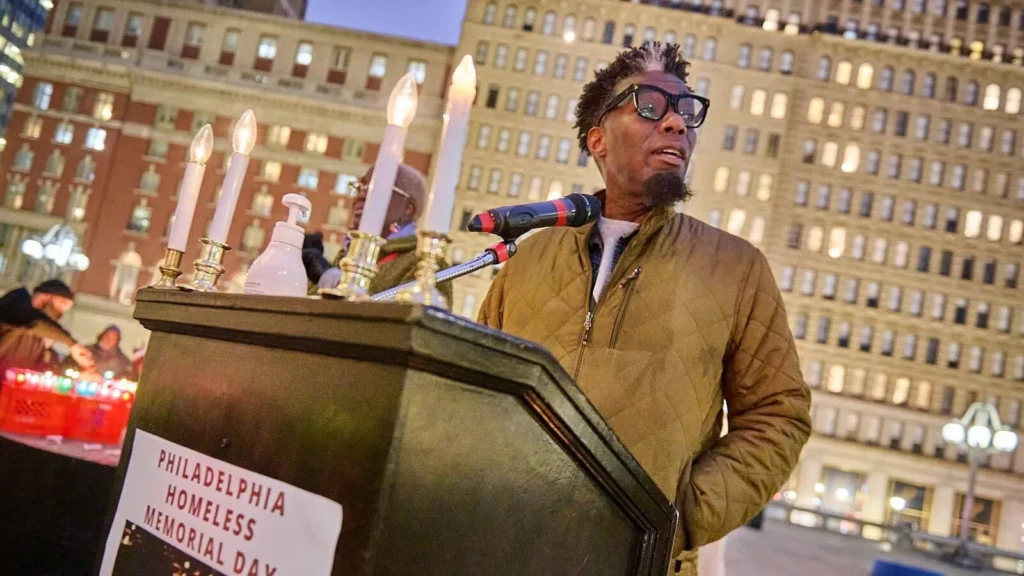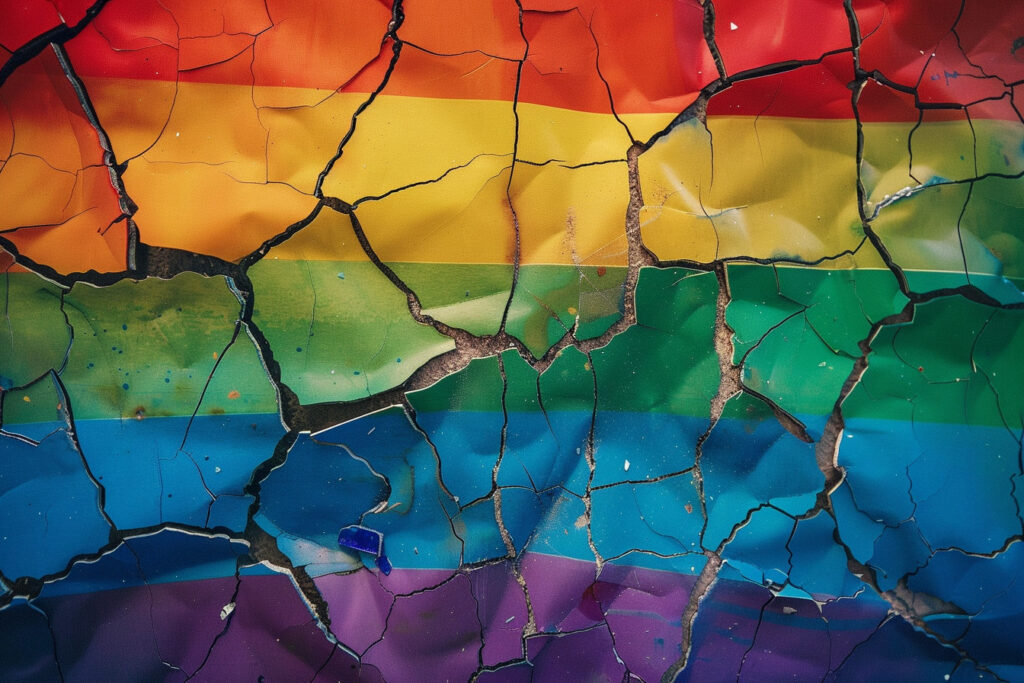If you haven’t been down East Passyunk Avenue lately, you probably are unaware of a quiet revolution under way in South Philly. Under the noses of the old Italian families who have defined the character of this part of the area, the old neighborhood has gotten more multiethnic, more diverse, and maybe even just a bit more upscale.
A queer development, this. Renee Gilinger, director of the East Passyunk Avenue Business Improvement District, would agree. Her organization has promoted streetscape improvements and lured new businesses, most notably several fine restaurants, to South Philly’s Main Street. But even with all the other positive changes, Gilinger said, there was still something missing – a recognition of the relative newcomers who supported these new businesses.
“A bunch of us got together and realized that what we were missing was a gay night,” she said. A gay night in SouFilly? About time, said many residents.
“When I was a boy, there were maybe three gay men in the neighborhood. Now there are three on every block,” said Joe Marino, co-chair of the East Passyunk Crossing Civic Association and Town Watch (EPX). EPX and the East Passyunk BID joined forces to produce that gay night many of their members thought the neighborhood needed: QOTA, or Queers On The Avenue.
QOTA came out for the first time on a mid-March Thursday, drawing about 150 people to Paradiso, one of those new fine restaurants. Their second social, in early April, drew a like number to the new Adobe Café location down the street on a Tuesday night.
That so many locals came out to have a gay old time did not surprise Marino at all. “This part of South Philadelphia has always been welcoming to every culture. The neighborhood is safe, clean, and relatively affordable.” Those qualities have drawn a steady stream of gay men and lesbians to East Passyunk over the last decade or so. But it’s only been within the last few years that the area’s gay community recognized its own presence.
The revelation for Gloria Cesarez came a few months after she purchased her home in the neighborhood. “I hosted a benefit party for the Bread and Roses Community Fund shortly after I moved here,” said the director of the Mayor’s Office of Lesbian, Gay, Bisexual and Transgender Affairs. “I invited people from the neighborhood, and I noticed that everyone at the event was part of the LGBT community. It was then and there that I decided this was ‘the new Gayborhood.'”
There are two big forces behind this transformation: affordability and accessibility. “The Manhattanites have driven out all the Center City residents, and they’ve pushed everyone else to the south,” said Marino. “Our goal was to be as close to Center City as we could afford,” Cesarez noted, and the neighborhood’s excellent transit connections to Center City – the Broad Street Subway and four north-south bus routes connect the two – meant that East Passyunk fit the bill.
Of course, not everyone who showed up for QOTA lived in the neighborhood: this reporter, for instance, commuted from outside, as did some others in attendance. Which doesn’t bother the organizers at all: they want the rest of the city to discover East Passyunk’s charms. And if some of the “queers” are straight, that’s also fine: “We wanted to give old and new residents of the neighborhood a place to mingle,” said Marino, “and to give our neighbors a chance to keep their money in the neighborhood where they live.”
“It’s constantly evolving, and there’s an interesting mix of people and places,” said Cesarez.
The next QOTA night will be on Thursday, May 7, from 6 to 9 p.m. at the South Philly Bar and Grill, located between Pat’s and Geno’s right where East Passyunk Avenue and 9th Street cross. For more information, visit the East Passyunk Avenue Business Improvement District online at www.visiteastpassyunk.com, e-mail Gillinger at renee@visiteastpassyunk.com, or call 215-336-1455.
PHOTO CAPTION: Marino (top) and Gillinger on South Philly’s Main Street.






